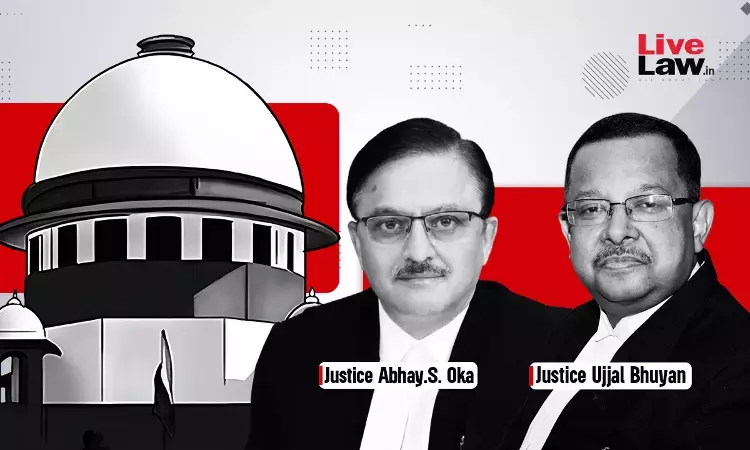Need To Educate Police About Freedom Of Speech, They Must Be Sensitised About Democratic Values : Supreme Court
Awstika Das
8 March 2024 5:01 PM IST

This observation was made by the apex court while quashing a criminal case against a professor under Section 153A of the Indian Penal Code for his WhatsApp status criticising the abrogation of Article 370.
Next Story


